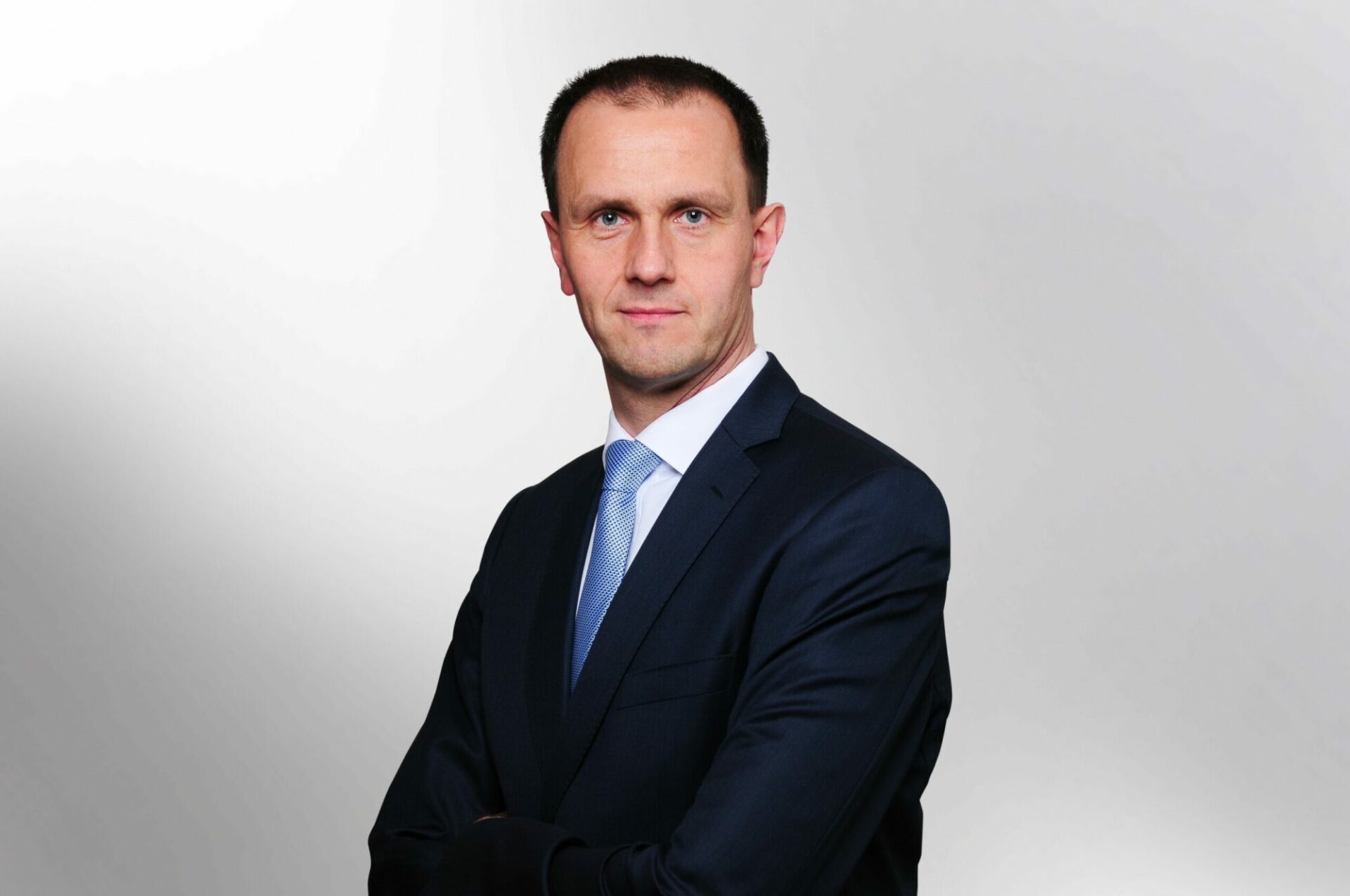Deutsche Pfandbriefbank AG (pbb) increased its operating profit to €425 million in the first nine months of the current financial year, compared to €415 million in the same period of the previous year (IFRS, Group, unaudited). The result is largely driven by an increase in net interest income to €359 million (9M23: €348 million), which is primarily based on rising new business margins. Pre-tax profit amounted to €87 million compared to €91 million in the same period of the previous year.
“With these figures, we believe we are currently on the right track. We are seeing investment volumes still rising on a low level and property yields appear to have reached a turning point,” said Kay Wolf, CEO at pbb. “Although we are not yet seeing a sustainable turnaround, we are observing a bottoming out and positive business activity. In this environment, we believe we are well positioned to significantly increase our profitability in the medium term, especially in light of our recently adopted Strategy 2027.”
In October, pbb announced its intention to make the Bank even more future-proof and profitable. At its core, Strategy 2027 has three main pillars:
Strengthening the core business of commercial real estate financing by diversifying into promising asset classes and focusing on high-growth business (henceforth the Real Estate Finance Solutions division),
The development of a significant commission business (henceforth the Real Estate Investment Solutions division) and
Increasing efficiency and adapting the current operating platform, including further emphasis on technology and artificial intelligence.
As a result, the Bank plans to systematically expand its asset management activities and establish an extended service business for institutional CRE investors. In this context, pbb was recently able to announce its first success: The signing of a letter of intent for a strategic partnership with Starwood Capital, a leading global private investment company with a focus on property investments. The partnership will enable Starwood Capital and pbb to jointly originate and arrange loans.
More profitable new business and increased risk provisioning
New business volume for the nine months totalled €2.5 billion (9M23: €4.2 billion; in each case including prolongations > 1 year). This reflects pbb’s focus on profitability: In line with Strategy 2027, the Bank is concentrating on more profitable new business; the average new business margin rose (as in the first half of 2024) to around 240 basis points (9M23: 200 basis points). pbb intends to continue to act exclusively as a senior lender, i.e. it will only ever lend the senior collateralised part of a loan.
As a result of the continuing challenging environment in the property markets, risk provisions remained high, as expected. In the isolated third quarter, however, it decreased compared to the previous quarters and was 34% lower than in Q2. Overall, risk provisioning totalled €-140 million in the nine months (9M23: €-104 million). There was a net reversal of €19 million (9M23: net reversal of €7 million) for loans with no indicators of impaired creditworthiness (stages 1 and 2). For financing with indicators of impaired creditworthiness (stage 3), the net addition to risk provisions amounted to €159 million (9M23: €111 million). The management overlay of €31 million, in place as of 31 December 2023 to take account of the emerging momentum in the US real estate market, was reversed in full.
At €179 million, administrative expenses were slightly below the previous year’s figure (9M23: €180 million) thanks to strict cost discipline. This is primarily due to lower personnel expenses (€97 million; 9M23: €99 million), partly because expenses for severance payments were incurred in the same period of the previous year. At €82 million, operating expenses were at the previous year’s level (9M23: €81 million). In the isolated third quarter, expenses increased as planned, due to investments; this will continue in the fourth quarter. For the year as a whole, pbb expects a cost-income ratio of 50%. This is expected to fall to below 45% by the end of 2027, to fully finance the investments in the implementation of Strategy 2027 and the technical infrastructure.
Successful placements and end of the transition phase
On the funding side, pbb placed the equivalent of €2.0 billion (9m23: €2.8 billion) of new long-term funding in the market during the period under review. This was offset by buybacks totalling €0.9 billion (9m23: €0.6 billion); public sector Pfandbriefe accounted for more than two-thirds of the buyback volume. The buybacks were based on the sale of corresponding assets from the non-core portfolio. The funding volume consisted almost entirely of Mortgage Pfandbriefe (9m23: €2.1 billion). Overall, pbb had already covered its funding requirements for the current financial year by the end of the first half of the year.
Unsecured funding (9M23: €0.6 billion) was almost completely replaced by lower-cost deposits from private customers (pbb direkt). Overnight and fixed-term deposits from private investors amounted to €7.8 billion at the end of September (31 December 2023: €6.6 billion), thus currently exceeding pbb’s requirements. The aim is to reduce the deposit volume to €7.5 billion. The liquidity coverage ratio was 215% as of 30 September (31 December 2023: 212%).
pbb has also received approval to switch to the Basel IV Foundation Internal Ratings Based Approach (F-IRBA) as the model and risk standard applicable to most of the real estate portfolio, beginning on 1 January 2025. This means that the transition phase, during which the bank has calibrated its risk weightings according to standardised model parameters, ends as the new year begins. During the transition period, the CET 1 ratio was temporarily 14.5% as of the end of September. Under the new regime, the F-IRBA ratio under Basel IV would be 17.3% as of 30 September 2024.






